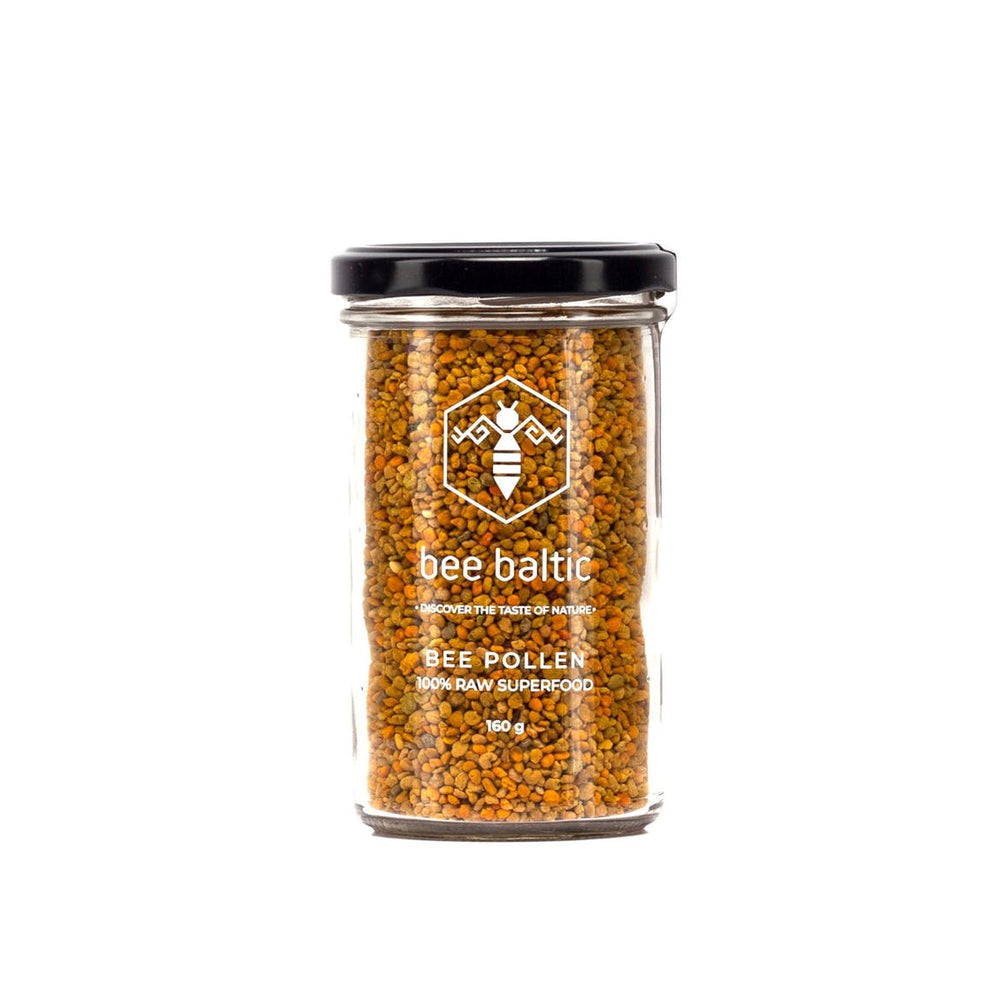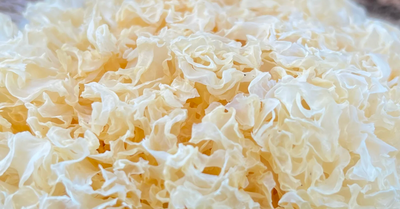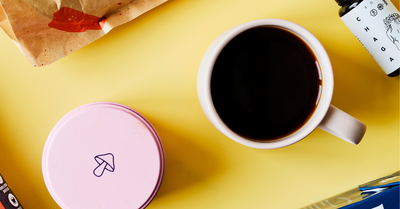
Let's Talk About Superfoods

Let's Talk About Superfoods
Let's Talk About Superfoods
Superfoods - which ones are fads and which ones fabulous? In essence, these foods aren’t magic but they are highly nutrient dense, packed with vitamins, minerals and antioxidants, which can support your health. Like many health-promoting foods, it’s important to know what you want out of them, in order to know which ones to add into your diet for the greatest health benefits. If you’re looking to include these nutrient powerhouses in your diet, but haven’t a clue where to start, this is your guide!
Store cupboard superfoods
Superfoods include fresh produce such as kale, blueberries and ginger or dried powders such as cacao and maca. The easiest way to incorporate them into your diet is through stocking up your pantry, so they can easily be added into baked goods, smoothies and drinks every time you create something.
Acai berry. Acai berries are rich in the antioxidant anthocyanin, which may fight oxidative stress in the body, supporting brain health and heart health as a result. Use it in: smoothies, drinks and banana ice cream.
Acerola cherries. These cherries are rich in vitamin C, a nutrient key for our immune health, natural production of collagen, improved iron absorption and stress resilience. Use it in: capsules and drinks.
Baobab. Similar to acerola cherries, baobab gets its superfood status due to the high potency of vitamin C in this fruit containing up to 10 times more vitamin C than oranges per 100g. Use it in: yoghurts, tea and smoothies.
Bee pollen. As a rich source of flavonoids, these act in an antioxidant, antibacterial and anti-inflammatory capacity to aid in warding off everyday toxins and support overall health. Use it in: smoothies, porridge, yoghurts and granola.
Cacao. Raw cacao powder differs from cocoa powder in that it has been processed at a much lower temperature, retaining more of it’s antioxidant properties and nutrients such as iron, magnesium and polyphenols. Use it in: smoothies, drinks, porridge, baking and chilli.
Chia seeds and flax seeds. Both of these seeds are packed with omega-3 fatty acids and are an excellent source of fibre, supporting digestive health, hormone health and brain health all in one. When mixed with water, these seeds are particularly useful to encourage regular bowel movements in those with constipation. Use it in: porridge, smoothies, chia pudding, salads and baking.
Chlorella. Chlorella is an algae used as a plant-based source of B vitamins and omega-3 fatty acids which can often be lacking in a vegan or plant-based diet. These nutrients are particularly key in maintaining brain health and energy levels. Use it in: cold drinks, smoothies and yoghurts.
Goji berries. These brightly coloured berries are known for their antioxidant, anti-inflammatory, antimicrobial, and prebiotic properties to support various aspects of health all the way from the brain to the gut. Use it in: smoothies, energy balls, baked goods, trail mix and porridge.
Maca. Maca powder has 3 areas of support: energy promoting, stress management and hormone balancing. This is part of the radish family. Use it in: smoothies, yoghurts and drinks.
Matcha. Matcha is ground up green tea leaves that can be whisked into steamed milk for a matcha latte or added to a chia pudding for an extra nutritional boost. The antioxidant qualities of green tea have been shouted from the rooftops for a long time, and matcha takes this to a whole new level, with the antioxidant status around 100 times greater than regular green tea, that certainly qualifies matcha for the superfood status. Use it in: drinks, smoothies, overnight oats and baked goods.
Adaptogenic mushrooms and herbs. Adaptogenic mushrooms and herbs help the body respond to stress, build resilience to stress and maintain homeostasis. Use it in: coffee, tea and other hot drinks.
Moringa. Moringa leaves are typically ground into a fine powder that can be added to the diet for anti-bacterial, anti-inflammatory and blood glucose supporting properties. Use it in: smoothies, soups, hummus and breads.
Sea buckthorn. A superfood packed with antioxidants, phytosterols, essential fatty acids and amino acids, alongside various vitamins such as C, K and E. These combine to create a product used for supporting blood glucose management, digestive health and skin health. Use it in: drinks, jam and sauces.
Spirulina. Another algae boasting antioxidant, anti-inflammatory and immune supporting health benefits. The microbial-modulating actions of spirulina may combine well with probiotics to support gastrointestinal health by supporting healthy gut microbes. Use it in: smoothies and other drinks.







